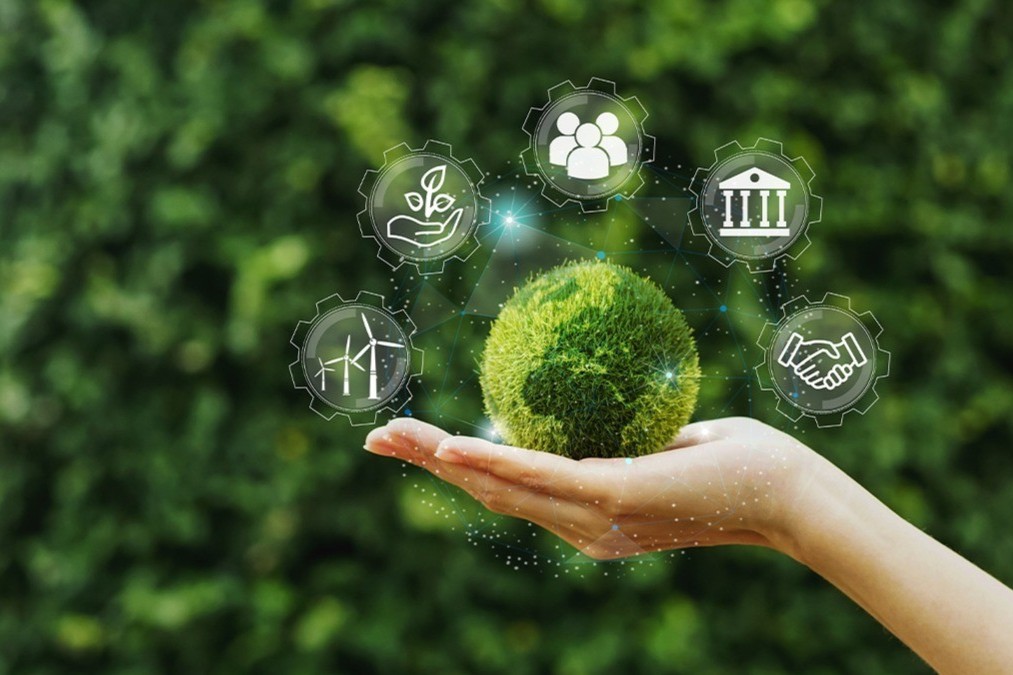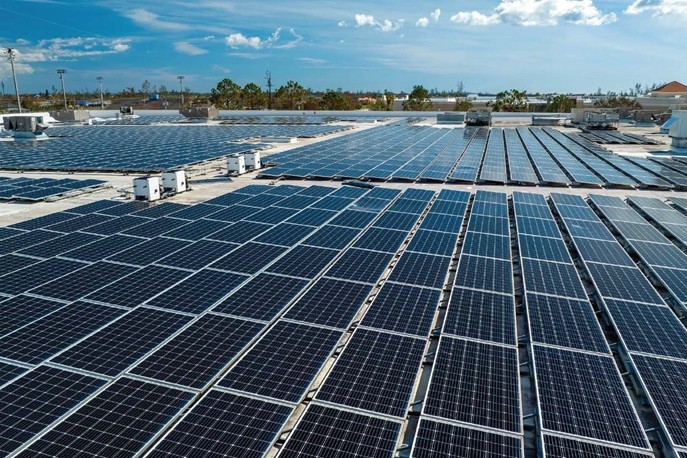Climate Action Roadmap
The Climate Action Roadmap is a plan to reduce pollution, protect nature, and prepare for climate challenges. It promotes clean energy, sustainable farming, and waste reduction through recycling. Stronger infrastructure and disaster planning help communities adapt. Governments, businesses, and individuals must work together to create policies and innovations that support a greener future. This roadmap provides a simple guide for building a healthier planet for future generations.

GHG Estimation
GHG estimation helps measure greenhouse gas emissions to track environmental impact. It involves identifying emission sources, collecting data, and calculating CO₂ levels using standard methods. This process guides businesses and governments in setting reduction targets and adopting cleaner practices. Accurate estimation supports informed decisions, regulatory compliance, and effective climate action for a sustainable future.
Feasibility Study: Rooftop Solar
A feasibility study for rooftop solar assesses its viability as a clean energy solution. It includes evaluating sunlight availability, roof strength, installation costs, and potential energy savings. The study also considers government incentives, maintenance needs, and environmental impact. If feasible, rooftop solar helps reduce carbon emissions, lower electricity costs, and support sustainable energy goals within the Climate Action Roadmap.

